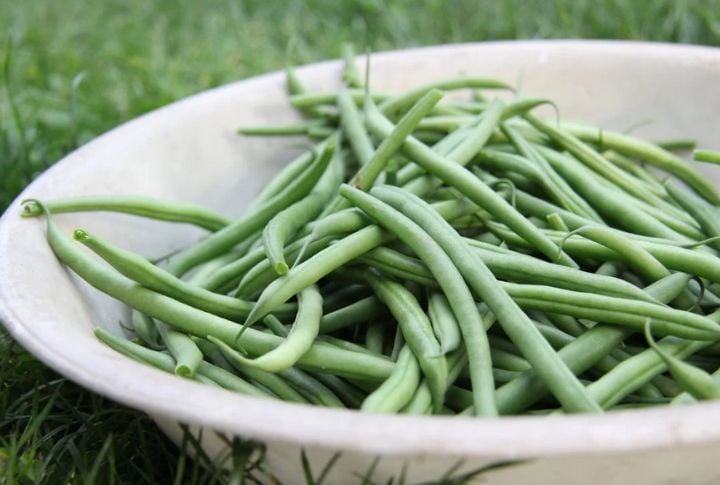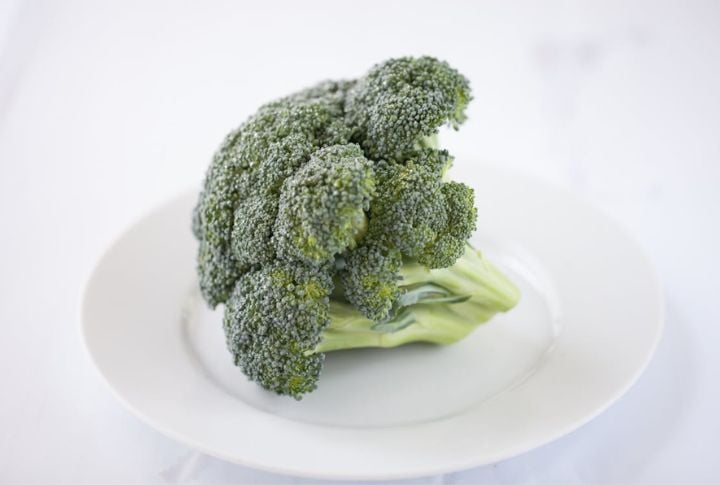Give Your Pup A Health Boost With These 15 Dishes

Your dog’s diet doesn’t have to be boring. Just imagine watching its tail wag with excitement over wholesome, nutrient-packed foods that also enhance its well-being. Crunchy veggies and omega-rich treats bring flavor and health benefits to your pup’s diet. Ready to give your companion a nutritional edge?
Carrots

Crunchy, naturally sweet, and loaded with beta-carotene, carrots are a delicious way to support your dog’s vision and digestion. Chop them into bite-sized pieces for a safe, enjoyable snack. A few slices a day offer a nutritious, low-calorie treat, whether enjoyed raw for a crisp bite or steamed for a gentler chew.
Blueberries

Blueberries are packed with antioxidants, helping combat cell damage and boosting immunity. Serve fresh or frozen, but limit portions to a small handful two to three times a week. Excessively feeding them blueberries can lead to digestive issues, so moderation is key when offering this superfruit.
Pumpkin

Stomach troubles? A spoonful of pumpkin might be the answer. This fiber-rich powerhouse aids digestion and calms upset bellies when given in moderation. Start with a tablespoon of plain, cooked pumpkin—no spices, no sugar—and mix it into meals a few times a week. Please don’t overdo it; too much can lead to loose stools.
Salmon

Too much fish isn’t good—mercury buildup can be a concern. Portion size depends on your dog’s size and activity level. Small dogs may have one ounce weekly, while larger dogs can eat up to 12 ounces per 50 pounds. Always serve boneless, unseasoned, baked, or grilled.
Sweet Potatoes

Sweet potatoes contain fiber and essential vitamins, which make them a fantastic boost for digestion and energy. But don’t overdo it—too much of a good thing can backfire. Keep portions small, around one to two tablespoons, and serve them cooked or cubed without any seasoning to keep your pup’s meals balanced.
Apples

Guess what makes a crunchy, refreshing snack for your pup? Apples! Loaded with vitamins A and C, they help boost immunity and digestion. Just be sure to remove the seeds and core before serving. A few slices are perfect occasionally, but go easy, as too much natural sugar can add unwanted pounds.
Spinach

Not all leafy greens are dog-friendly, so moderation is key with spinach. Filled with iron, vitamins, and antioxidants, it’s a significant nutrient boost when dished in small amounts. Lightly steaming helps reduce oxalates, which can affect kidney function. Mix a tablespoon into meals once a week, and your pup gets the benefits without overloading on greens.
Eggs

Eggs are high-quality protein, containing essential amino acids and biotin that support coat health. You can serve them boiled or scrambled, but avoid adding salt or butter. Small dogs generally require half an egg per week, while larger dogs can safely eat up to one egg daily. To minimize the risk of salmonella, it’s best to steer clear of raw eggs.
Green Beans

Ever wondered if your dog’s snacks could be healthier? Green beans are a fantastic low-calorie alternative to traditional treats, filled with fiber and essential vitamins. Just a few pieces a day will keep your pup happy and healthy. Plus, they add a satisfying crunch to snack time.
Bananas

Bananas are a tasty, easy-to-serve snack that supports muscle function thanks to their potassium and vitamin content. Two or three small slices weekly are best for smaller dogs, while larger dogs can tolerate up to half a banana occasionally. Keep portions in check to avoid excess sugar.
Broccoli

Can dogs eat broccoli? Absolutely—but in moderation. Broccoli contains vitamins K and C, which support bone health and help maintain your pup’s immune system in optimal condition. Just steam and chop it into small pieces to make it easy to digest. A few florets a week are plenty—too much can upset your pup’s stomach.
Chia Seeds

Chia seeds may be tiny, but they carry a punch! Loaded with fiber, protein, and omega-3s, they’re an easy way to boost your pup’s diet. A general guideline is up to ¼ teaspoon per 10 pounds of body weight daily. Hydration is essential, as these seeds expand when eaten.
Quinoa

Some dogs take a little time to warm up to quinoa, but it’s worth the wait! This gluten-free grain is a powerhouse of essential amino acids. Cook it thoroughly, serve it plain, and mix a tablespoon into meals once or twice a week. Start with small portions and let your pup ease into it.
Kale

Kale is packed with vitamins A, C, and K and antioxidants that bolster immune function and promote healthy skin. However, it includes calcium oxalate and isothiocyanates, which could contribute to kidney stones or digestive discomfort. For safe consumption, consider serving it lightly steamed and chopped, and restrict portions to roughly a tablespoon now and then.
Yogurt

Are you curious if your pup can have yogurt? The answer is yes—but with caution. Plain, unsweetened yogurt packs probiotics that aid digestion, but many dogs struggle with lactose. Start with a small spoonful and steer clear of artificial sweeteners like xylitol to avoid tummy troubles.






